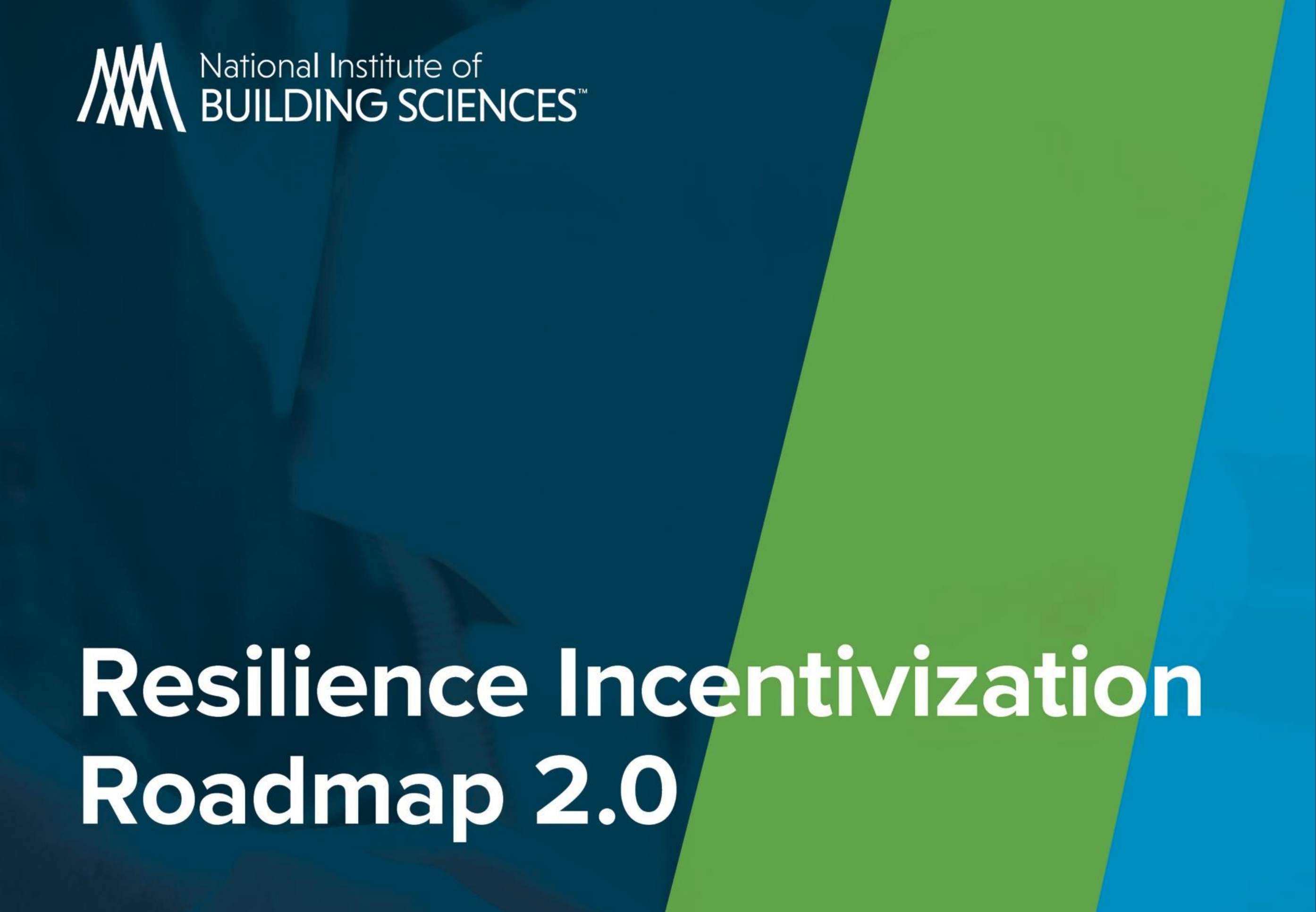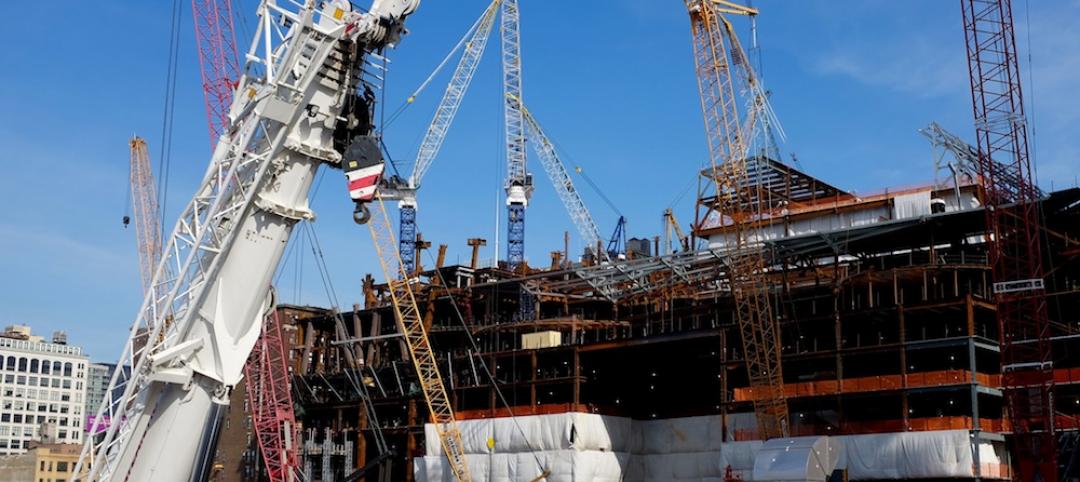The National Institute of Building Sciences and Fannie Mae have released the Resilience Incentivization Roadmap 2.0. The document is intended to guide mitigation investment to prepare for and respond to natural disasters.
“Climate resilience will be key to sustainable homeownership as the impacts of climate change increase,” says Tim Judge, head of modeling & chief climate officer with Fannie Mae. “The roadmap provides tangible recommendations to promote resilient investment that U.S. housing certainly needs.”
The document includes sections on the business case for resilience; science, engineering, and evaluation tools; a framework for mitigation certification; discussion of what could prompt developers to invest more in mitigation features; the role of insurers; finance and investor incentives; and government policy.
“We looked at the motivations, barriers, and innovative ideas from each stakeholder group,” says Dr. Jiqiu Yuan, vice president of engineering, NIBS. “The Resilience Incentivization Roadmap provides recommendations that would form the basis for real-world applications to create value for all stakeholders.”
Nationally, on average, natural hazard mitigation saves $4-$11 in avoided future losses for each $1 invested, according to a NIBS study.
Related Stories
Sustainability | Mar 17, 2016
New York City releases Design and Construction Excellence 2.0 Guiding Principles
Addresses sustainability, resiliency, healthy living.
Resiliency | Feb 22, 2016
Legal challenge filed over N.J.’s new coastal management regulations
Groups argue rules make it easier to build in flood-prone areas.
Resiliency | Feb 16, 2016
Obama establishes federal earthquake risk management standard
The standard requires federal agencies to use earthquake-resistant design provisions in current building codes.
Resiliency | Feb 2, 2016
New York City’s post-Hurricane Sandy resiliency efforts hailed as exemplar
Lessons learned can help urban areas cope with climate change impacts.
Resiliency | Jan 29, 2016
Section of New Orleans will try new approach to flood control
The city will turn to a retain and control storm water strategy.
Resiliency | Jan 13, 2016
LEED credits on resiliency expected to influence future of building design
Post-disaster survivability is a key goal.
Resiliency | Dec 7, 2015
New earthquake rating system released by the U.S. Resiliency Council
Intended for building owners and leasing, finance, and insurance industry.















